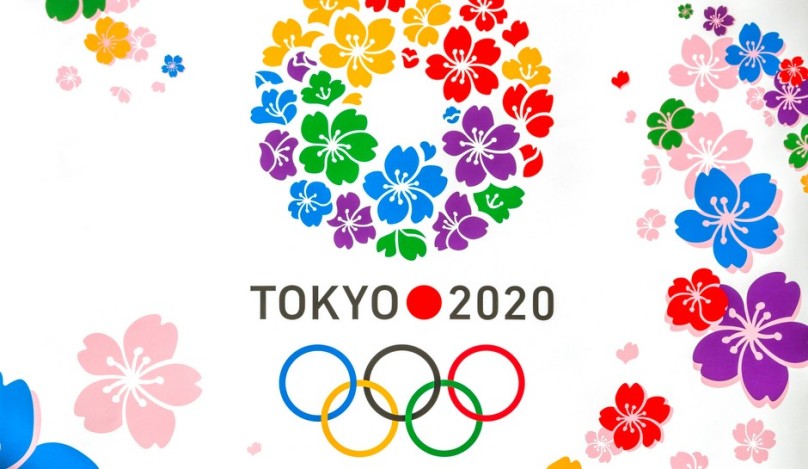A group of Japanese doctors on Wednesday urged Olympic organisers to start the Tokyo 2020 marathon as early as 5:30am, saying failure to do so could “lead to deaths” from heatstroke.
The warning is the latest in a chorus of concern about how extreme heat could affect several sporting events at the Olympic games, particularly after Tokyo sweltered through a record heatwave this year.
The International Olympic Committee (IOC) and Tokyo 2020 organisers have acknowledged the concerns and already moved the marathon start time up 30 minutes to 7:00am, with competitive walking starting even earlier.
But the Japan Medical Association and the Tokyo Medical Association said that was insufficient because most of the course would still be run in heat levels that were dangerous, and under which physical activity should be halted.
“We are seriously concerned about it,” Kimiyuki Nagashima, a senior official with the Japan Medical Association told reporters Wednesday.
“If the risk of heatstroke is high for not only athletes but also staff members and the audience, there will be a rising demand for emergency services, which will have serious impact on medical institutions and regular patients.”
The associations are calling for the start time to be moved to 5:30am, and the presidents of both groups met earlier this week with the head of the Tokyo 2020 Organising Committee to press the issue.
“We wouldn’t have visited the organising committee if we’d thought it was only slightly worrying… we fear the current plan could lead to deaths,” Haruo Ozaki, president of the Tokyo Medical Association, told AFP.
Heat stroke kills hundreds of people each year across Japan, and this year record temperatures caused a spike in fatalities and hospital visits.
Masa Takaya, a spokesman for the 2020 organisers, said the doctors had presented “a serious opinion based on expert knowledge.”
“We’ll share it with working groups of the IOC and IPC (International Paralympic Committee)” that are discussing issues of heat, he told AFP.
The IOC has backed calls for Japan to adopt daylight savings during the Games to ease the heat situation, but there is little support among Japanese lawmakers or the public for the proposal, which is viewed as too disruptive.
When Japan last hosted the Olympics, in 1964, the Games were held in October to avoid the country’s stifling summer humidity and heat.
Agence France-Presse



































